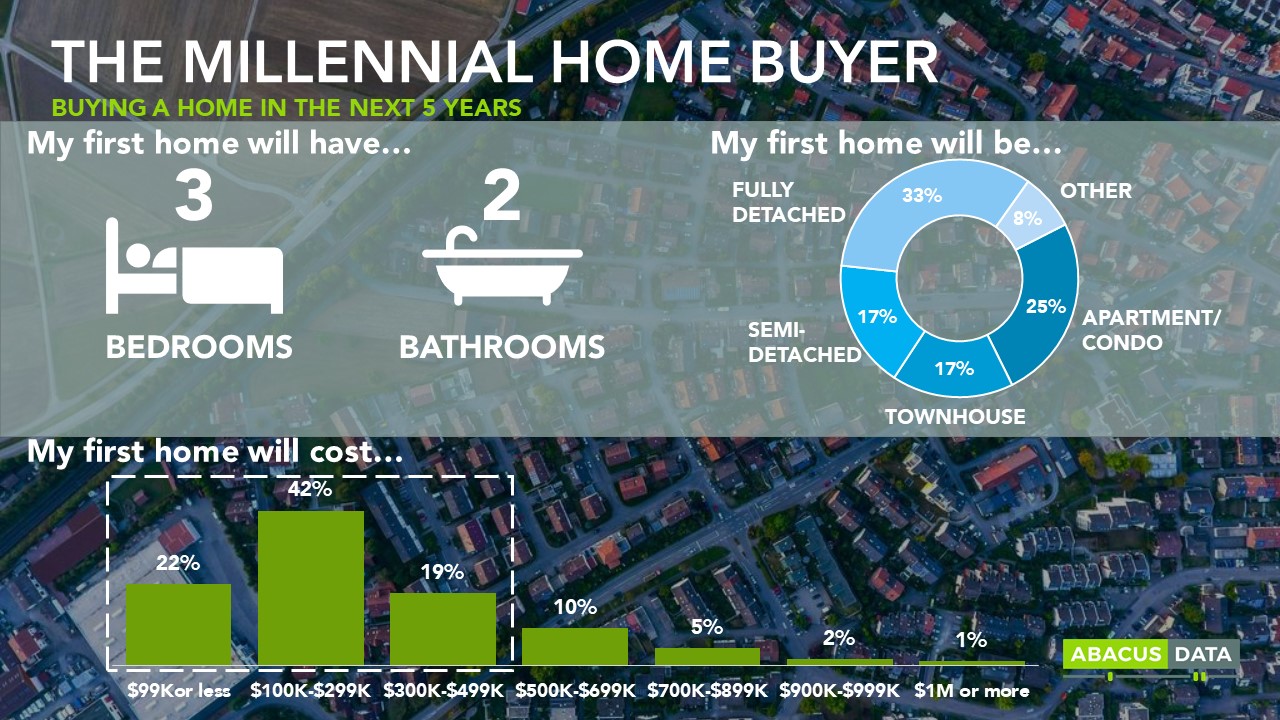Sustainable Growth: How Millennials kick-started the Green Economy
September 8, 2017

Despite popular belief, Millennials really care about money. It’s true, despite being more likely to leave higher paying work for more fulfilling-lower paying work than previous generations and despite self-identifying as “not being motivated by fiscal incentives”, Millennials really care about money. Millennials care about where there money comes from, whether or not they have enough to live off of, and where they spend their money. As more Millennials are successfully establishing themselves in the workforce an increasing number of them are caring about where they invest their money. A recent study of investors conducted by the global investment firm Morgan Stanley shows that Millennials want more sustainable investment options. After seeing their parents lose their home, car, and great-grandma’s wedding ring, Millennials have shed off the pursuit of maximal growth as their parents once sought it and now desire portfolios that prioritize sustainability just as much as it does growth. Their study found that Millennials were twice as likely to invest in a stock or fund if sustainability was part of its value proposition. Morgan Stanley isn’t the only one noticing the Millennial drive for sustainability. In 2012 The Climate Bonds Initiative, a not-for-profit financial institution, released their first environmentally friendly “Green Bond” creating a market that issued approximately $5b USD in bonds for that year. Over the past five years the market has grown a staggering 1600% now issuing over $80b USD in bonds as of 2016. Each bond is guaranteed to be invested in sustainable and environmentally friendly building projects and companies. As more Millennials are establishing themselves in the workforce they are looking for places to store their hard earned money. They are looking for places that are consistent with their personal image, which often includes an element of suitability. They need a fund that offers them the same satisfaction they get when they order their fairly traded beverage at their local organic coffee shop each morning.
In a recent poll, Abacus asked Canadians for their thoughts on the future of energy in the economy. We found that Canadians as a whole (67%) expected the government to prioritize more environmentally friendly ways of growing the energy economy besides fossil fuels. Millennials, unsurprisingly, were the most adamant that government should push for an environmentally sustainable economy with 74% saying that it should be a government priority.

Millennials will actively pursue relationships with brands and organizations if they are considered sustainable while the opposite is true of brands and organizations that are considered unsustainable. We would like to emphasize the word “relationship” as more and more Millennials are seeing businesses as social citizens rather than legal entities. Partly intentionally and by accident businesses have built or been ascribed personalities. It’s not just the corner store anymore; it’s my local, independently-owned convenience shop which brews a particular type of generic crummy coffee. Just as we look for certain traits when we make ‘real friends,’ Millennials are looking for certain traits when they make corporate friends. Sustainability is now a consistent trait Millennials look for in their corporate friends. Organizations of all types and sizes should look to include an element of genuine sustainability into their company’s communications.
Interested in finding out how Millennials view your business? Contact us and ask about our Millennial Audit. We can help you assess where your business stands and help you chart your path ahead to navigate the complex world of the Millennial Marketplace.



